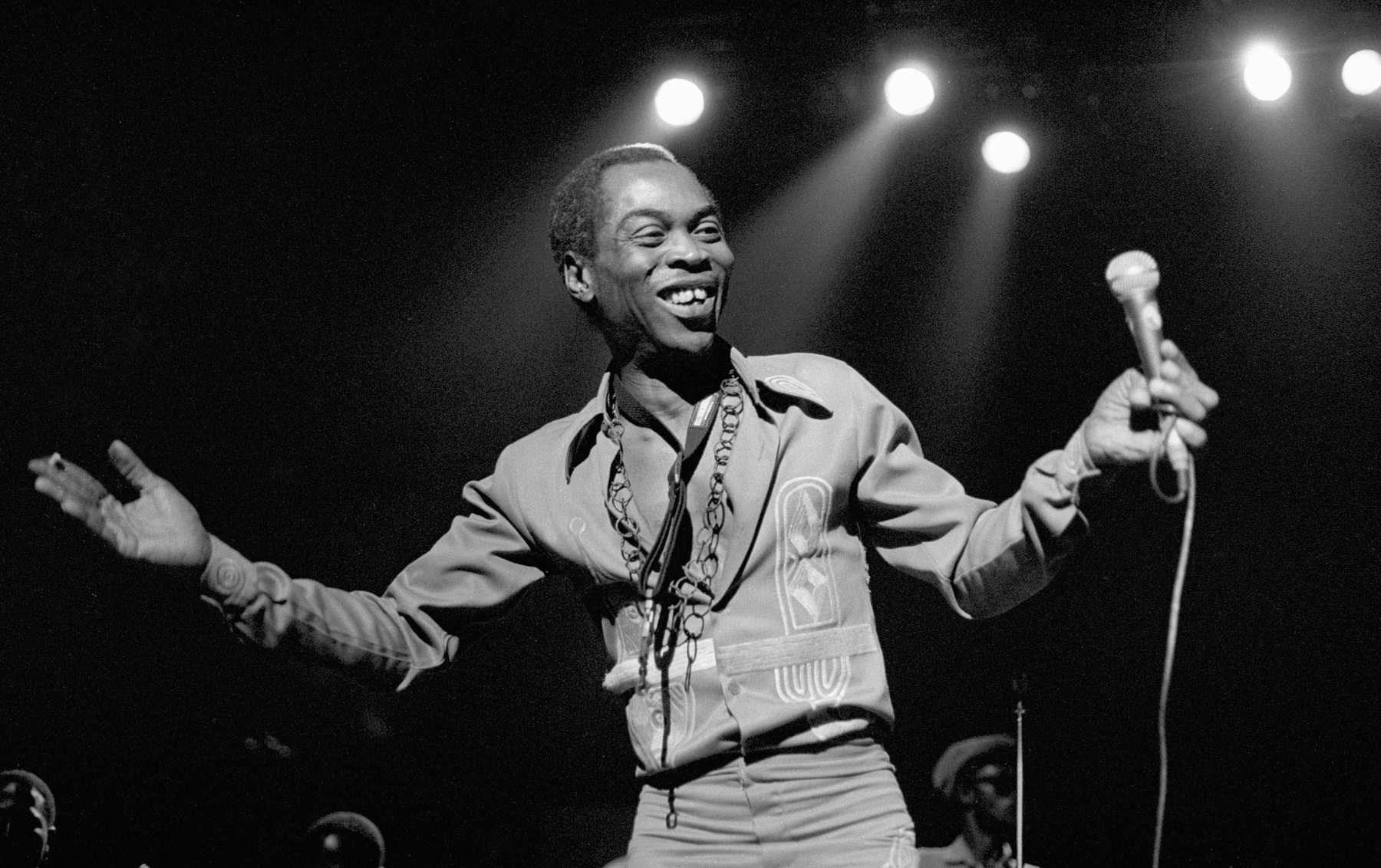Ace actor, Segun Arinze says Fela’s contribution to African music can never be forgotten. Recall that Fela’s elder brother, Olikoye Ransome-Kuti, a former minister of health, proclaimed his death from complications related to HIV and AIDS on August 2, 1997.
Arinze affirms that the issue the Afrobeat legend addressed in his music were still relevant.
In his words:” He is a great icon and till date, his music still stands relevant. Most of those things he said in all his songs are prevalent till date. He was like a prophet but as the saying goes, a ‘prophet is not respected in his home town’, which is exactly what played out in his life. We still keep hope that the society will continue to imbibe the messages he left behind for the much needed change to come.”
Describing how Fela used his music to influence the society, Arinze said: “And of course, he was being recognized by the government, people and the society; Fela was great, we can never forget him in Nigeria, Africa and the world stage. It even got to a level of staging a play in his honour, Fela on Broadway; what else can you ask for?” he asked.
In 1967, Fela went to Ghana to think up a new musical direction. That was when Kuti first called his music Afrobeat. In 1969, Fela took the band to the United States where they spent 10 months in Los Angeles. While there, Fela discovered the Black Power movement through Sandra Smith (now Sandra Izsadore), a partisan of the Black Panther Party.
The experience would heavily influence his music and political views .He renamed the band Nigeria ’70. Soon afterwards, the Immigration and Naturalization Service was tipped off by a promoter that Fela and his band were in the US without work permits. The band immediately performed a quick recording session in Los Angeles that would later be released as The ’69 Los Angeles Sessions.


